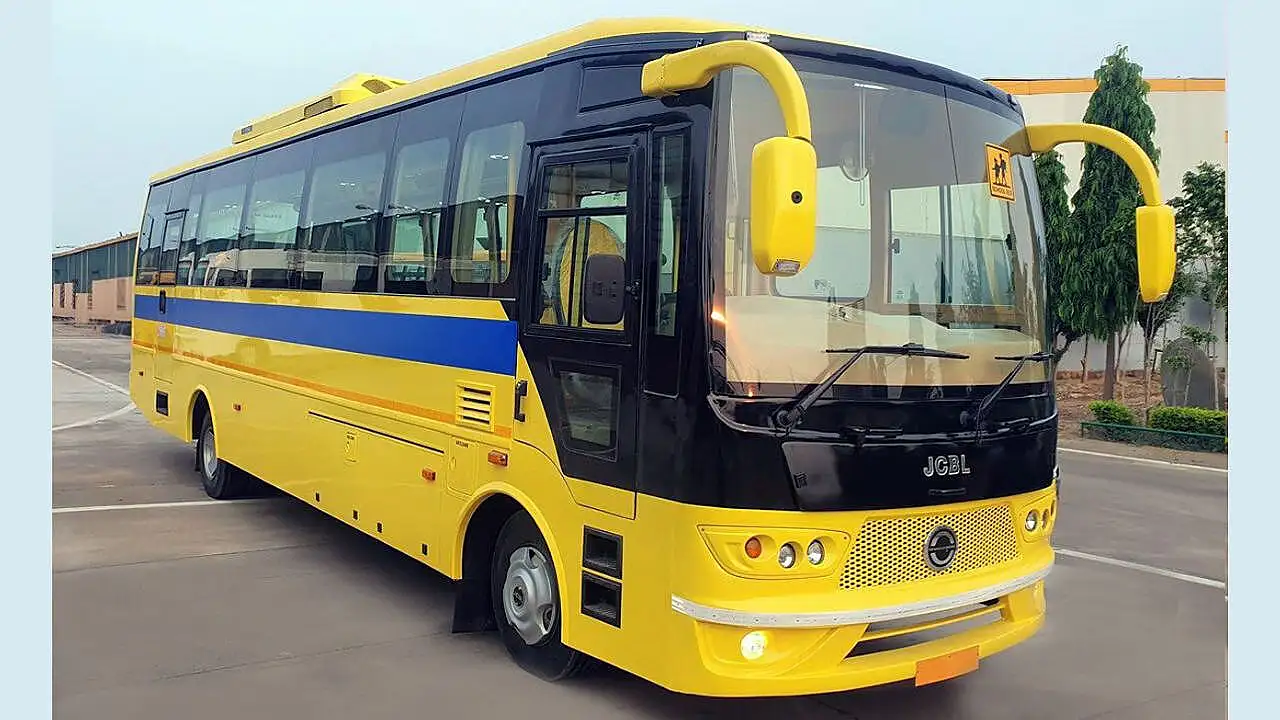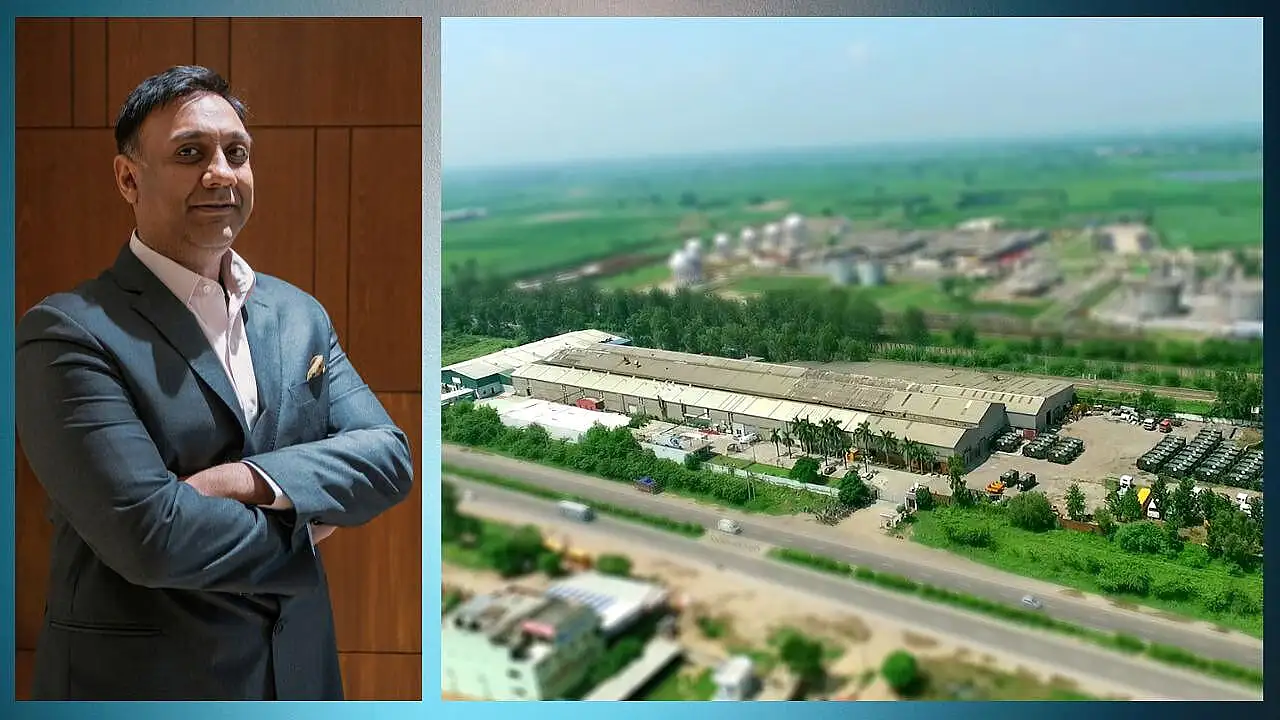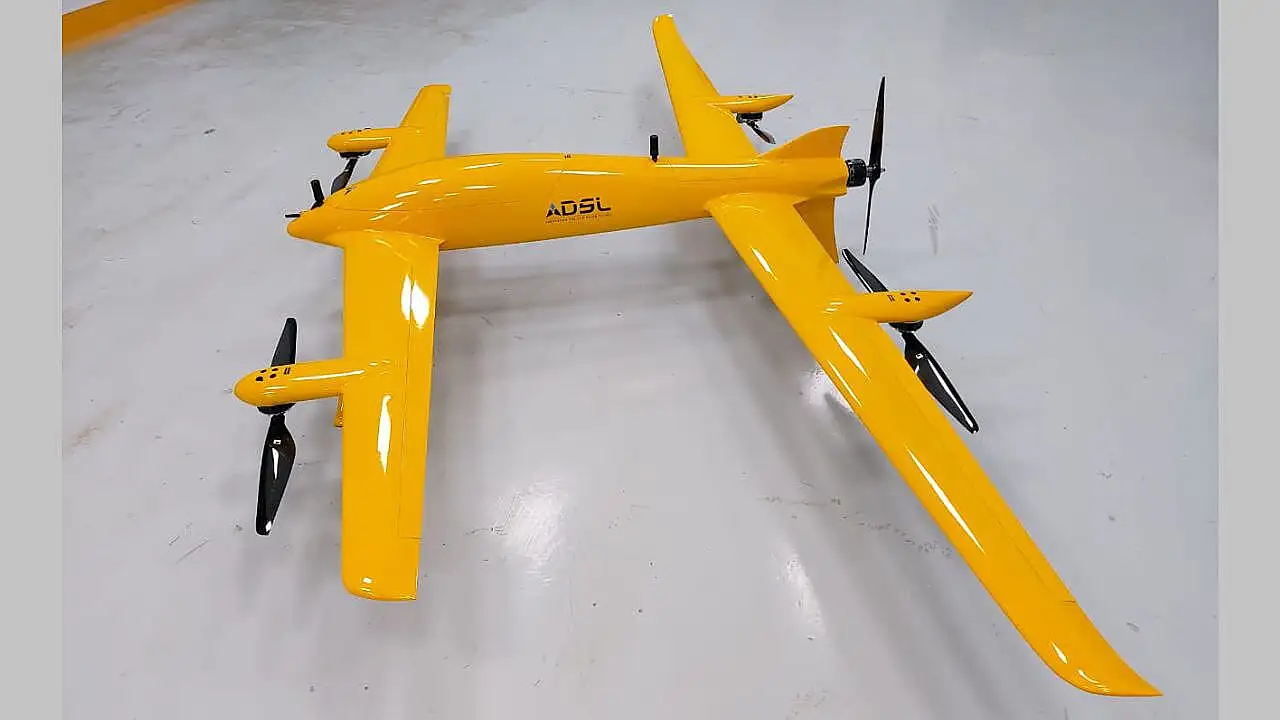
The Indian bus industry is witnessing a pivotal transformation, shaped by growing opportunities and persistent challenges. The sector is currently navigating the confluence of rising demand for public transport, a rapid shift toward electric vehicles (EVs), and the integration of smart mobility solutions. However, this evolution is also accompanied by hurdles like infrastructure limitations, high costs, and the complexities of financing and operational efficiency.
Despite these challenges, the industry is projected to experience steady growth in the coming years, driven by government initiatives, urban expansion, and a rising demand for eco-friendly public transportation options. The truly astute players will turn challenges into opportunities, and one such company leading this transformation is Chandigarh-based JCBL.
Sharing his thoughts to Mobility Outlook, Rishi Aggarwal, Managing Director, JCBL, said, the replacement market presents one of the biggest growth opportunities for the Indian bus sector. 'The ten-year replacement cycle will drive exponential demand,' he noted. However, the market faces a lack of scalable manufacturing capacity, with only a few private bodybuilders (barring OEMs) capable of producing over 1,000 buses annually. The key to scaling production, according to him lies in standardisation, which ensures consistent quality. Companies with established standardisation processes, like JCBL, are well-positioned to capture this opportunity, particularly as they scale up production to over 500 buses per month.

Electric Buses
The transition to electric mobility, coupled with fleet modernisation, is poised to remain a pivotal force for the industry, with projections indicating robust growth, especially in the adoption of electric buses. While agreeing to the fact, Aggarwal said that the surge in demand for electric buses has also been remarkable, with OEMs focusing on in-house EV production while relying on bodybuilders to manage the production of conventional buses. This shift presents an exciting growth avenue for firms, including JCBL, already established in the bus manufacturing space, he said.
Another promising area is the school bus segment, where safety and quality are top priorities. Additionally, the entry of organised, large-scale transporters—including international players—is transforming the sector. These players seek standardised solutions that can be customised to their specific needs while ensuring seamless maintenance, further underscoring the importance of standardisation.
Shifting Lifestyles, Rising Expectations
The evolving lifestyle of Indian consumers is directly influencing the coach-building industry. Today’s consumers are more aware of comfort, aesthetics, and safety features. Aggarwal said, 'We need to evolve with changing consumer preferences by offering better seats, superior interiors, and noise-proofing.' While a bodybuilder’s role is limited to certain components—such as air conditioning duct design rather than suspension systems—the demand for luxurious travel experiences is growing.
As the company diversified into motorhomes, it initially faced skepticism, with customers perceiving motorhomes as merely buses with beds. However, with growing interest in luxury travel, customers are now willing to pay a premium for enhanced comfort and design, he mentioned.
From Mass Production To Mass Customization
The auto industry is increasingly moving from mass production to mass customisation. JCBL has embraced this trend for over two decades, manufacturing base coaches that are later customised to fit different chassis from Indian OEMs. It achieves economies of scale through a modular approach, producing nearly 70 variants from just four backend structures. This method not only ensures cost efficiency but also facilitates after-sales service, he pointed out.
According to him, the introduction of the Bus Code brought about regulatory changes, further shaping the industry. Though these changes arrived late, they have had a significant impact on standardisation and quality.

Expanding Capabilities In Defence
The company’s foray into the defense sector has been marked by innovation. 'Our journey in the defense sector began about 15 years ago with armored troop carriers for Tata and later Ashok Leyland,' he recalled. Since then, the company has expanded its defense portfolio, setting up a dedicated business division. Recent projects include the refurbishment of an ARV (Armored Recovery Vehicle) for the Russian T-72 tank, which successfully passed stringent tests. Other innovations include a ‘heavy drop system’ (a 20-tonne payload drop with parachutes), armored cabins for military trucks, and a hydraulic loading platform for aircraft—examples of import substitution efforts.
The company is also developing Remote-Controlled Weapon Systems (RCWs), which enhance soldier safety by allowing weapon operation from a safe distance. Moreover, it dominates the market for VIP armored vehicles, providing protection to nearly 90% of those requiring such services in the country.
Vision For The Future
Looking ahead, the company envisions itself as a 'capable manufacturing powerhouse; with a strong focus on absorbing advanced technologies, upgrading manufacturing capacities, and acquiring world-class machinery, the company aims to strengthen its position as a leader in the industry.” The MD stressed that this drive is fueled by the entire group’s 'hunger for enhancing manufacturing capabilities,' consistently.
With the right blend of strategic vision and operational excellence, JCBL is well on its way to shaping the future of Indian road transportation and defense solutions.
Also Read:
Viva ACP Introduces Aluminium Composite Panels For Bus Body Construction
Policy Boost Set To Propel 80% Surge In New E-Bus Sales In FY25